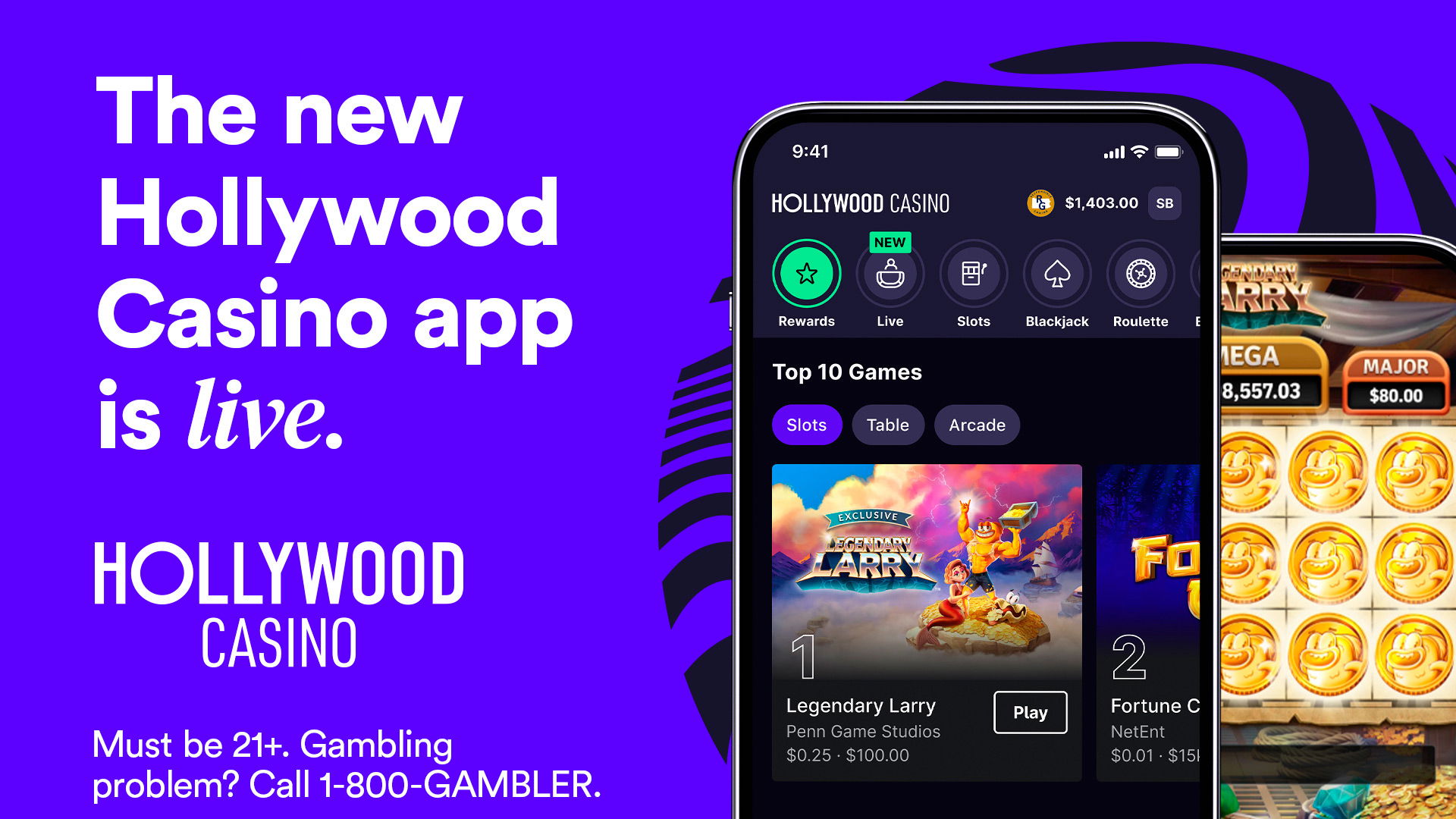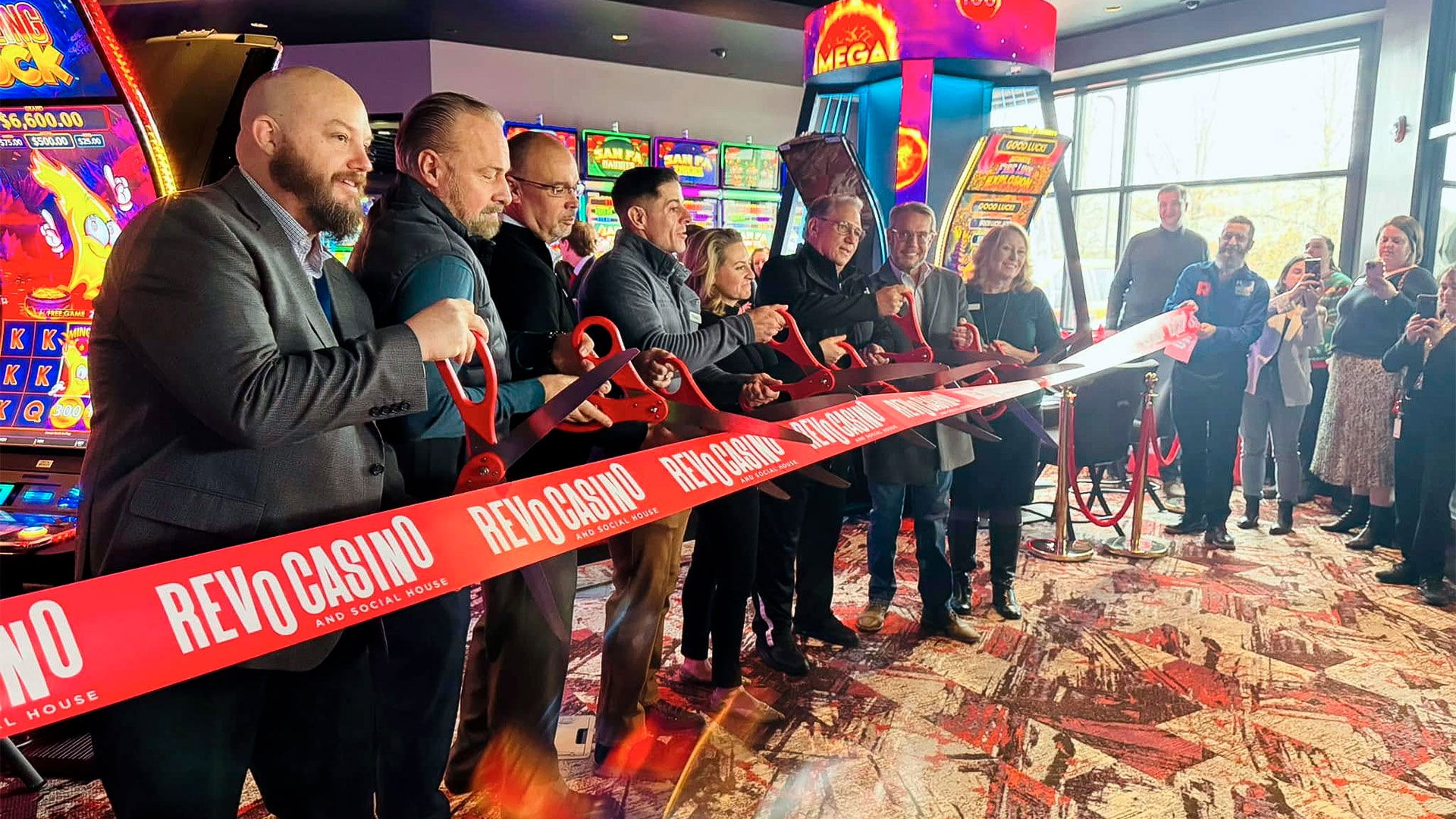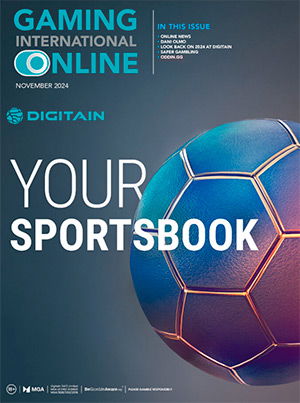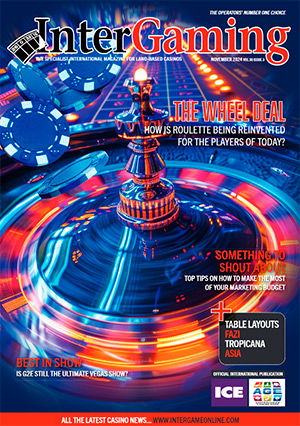Philadelphia’s Stadium Casino won’t be ready for a year but could begin taking online bets soon

The Pennsylvania Gaming Control Board on Wednesday granted a sports-betting certificate to Stadium Casino LLC, which allows it to begin accepting sports wagers online in the next few months, even though the building is more than a year away from opening its doors to the public.
The gaming board sided with the casino’s owner, Cordish Gaming Group of Baltimore, which argued that the 2017 state law legalizing sports betting did not prohibit a casino from launching online before its brick-and-mortar facility is operating. The gaming board’s staff recommended that the casino must be operating a retail sportsbook before it launched its internet betting service, the pattern set by 10 other casinos that have been approved for sports betting.
Cordish says it is moving rapidly to open the city’s second casino by the end of 2020, and plans a topping-off ceremony Thursday to mark the completion of the steel structure of the 160-foot-high, 12-story hotel, the Philadelphia Inquirer reports.
Cordish officials told the gaming board Wednesday that they were in the final stages of negotiating an agreement with an operator of its sportsbook.
The gaming board’s decision will allow Stadium Casino to begin to earn a return, sooner rather than later, on the $10 million sports-betting fee the state assesses.
But the gaming board deferred a decision on whether the casino operator’s pricey sports-betting license will also apply to a “mini-casino” it is building in Westmoreland County, in Western Pennsylvania.
Cordish had sought approval to extend its sports-betting privileges to Live! Casino Pittsburgh, which will break ground in a few weeks in the Westmoreland Mall near Greensburg. The casino, which will be built in a former department store, is one of five satellite casinos that the state has allowed under the 2017 expansion of Pennsylvania’s gaming law.
The gaming board staff recommends that operators need to pay a second $10 million license fee to operate a sportsbook at a satellite casino. Cordish officials said they assumed that when they bid $40.1 million last year for the mini-casino license, it included sports-betting privileges licensed at the home casino. They said an additional $10 million fee would be “economically unjustifiable.”
Three Westmoreland County elected officials, State Sen. Kim Ward, State Rep. George Dunbar, and Hempfield Township Supervisor Rob Ritson, told the gaming board that the sportsbook would add an important dimension to the casino that is regarded as a big economic boost in the region. Casino officials said the sportsbook would employ 50 people -- 30 in Philadelphia and 20 in Westmoreland County. Ward and Dunbar said the 2017 state law was passed before the U.S. Supreme Court legalized sports betting last year, and it was ambiguous about whether the sports-betting licenses would also extend to mini-casinos.
Cordish argues that operators of racetrack casinos are currently allowed to operate sportsbooks at their off-track betting satellite facilities under the home casino’s license -- Parx Casino in Bensalem operates sportsbooks in South Philadelphia and in Valley Forge. It would create a world of haves and have-nots if the state required non-racetrack casinos to pay an additional fee for sports betting, Cordish says.
The gaming board is likely to make a final decision on the issue at its Nov. 20 meeting.

















































